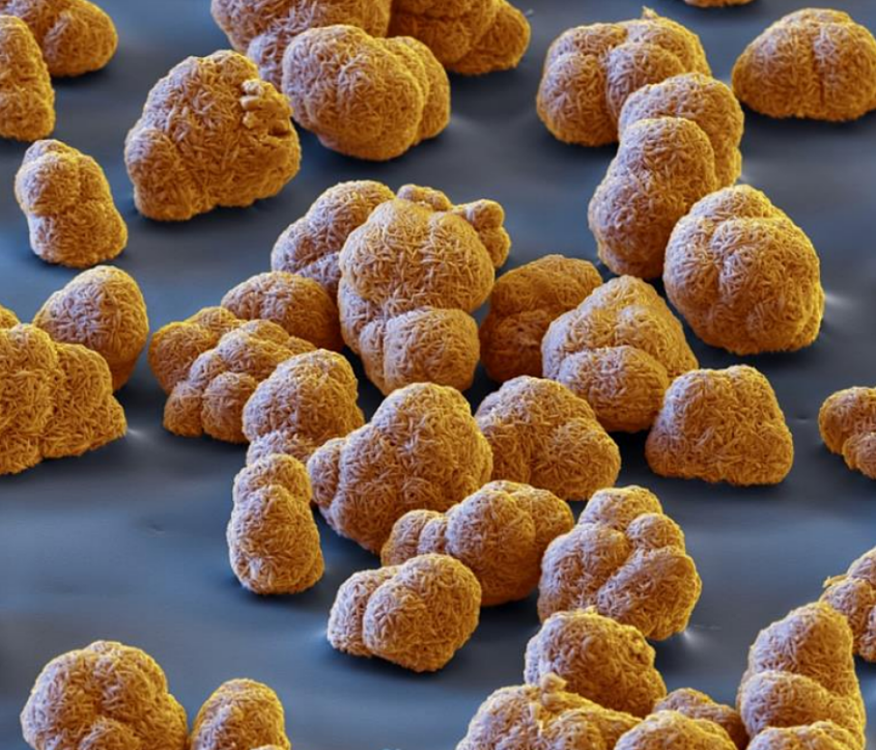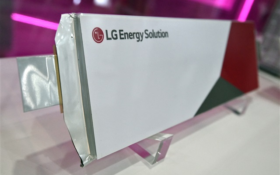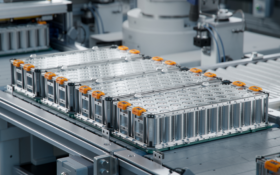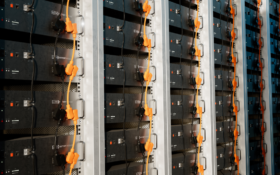Battery materials firm Nano One Materials Corp. and chemical company BASF have signed a joint development agreement (JDA) to develop cathode active materials (CAM) for lithium-ion battery manufacturing.
Under the JDA, the companies will co-develop a process for the commercial production of next-generation CAMs based on German firm BASF’s HED-family of NCA and NCM cathode materials and using Nano One’s One-Pot process and metal to cathode active material (M2CAM) technology.
The firms will use the M2CAM process for higher flexibility in terms of manufacturing approach and resulting product performance, reduced energy consumption and environmental footprint.
The joint development plan has various phases and stage gates and is the result of evaluating Nano One’s processes and products.
Dan Blondal, Nano One CEO, said: “There is a tremendous opportunity to jointly differentiate the production processes and products for a more resilient and sustainable supply chain.”
Launch of battery materials tech
In February, 2021, Nano One lunched its M2CAM initiative following tests to adapt the firm’s One-Pot process to enable cathode materials to be made direct from metal using nickel, manganese and cobalt metal powder feedstocks rather than metal sulfates or other salts.
Nano One says the technology eliminates the need to convert nickel, cobalt and manganese to sulfate, and lithium carbonate to hydroxide; eliminates the costly extra step of making precursor cathode active material (PCAM); and eliminates the economic and environmental cost of handling a waste stream of sulfur and water that is 4-5x larger than the cathode product stream.
The One-Pot process forms durable, single-crystal cathode powders and protective coatings simultaneously and M2CAM enables these materials to be made directly from metal powders.
Metal powders are one-fifth of the weight of metal sulfates, avoiding the added costs, energy and environmental impact of converting to sulfate and shipping and handling of waste.
The One-Pot process is an aqueous process, using carbon neutral chemistry, that operates at room-temperature and atmospheric pressures, and it combines feedstock conversion, precursor formation, lithiation and coating steps into one reaction.












